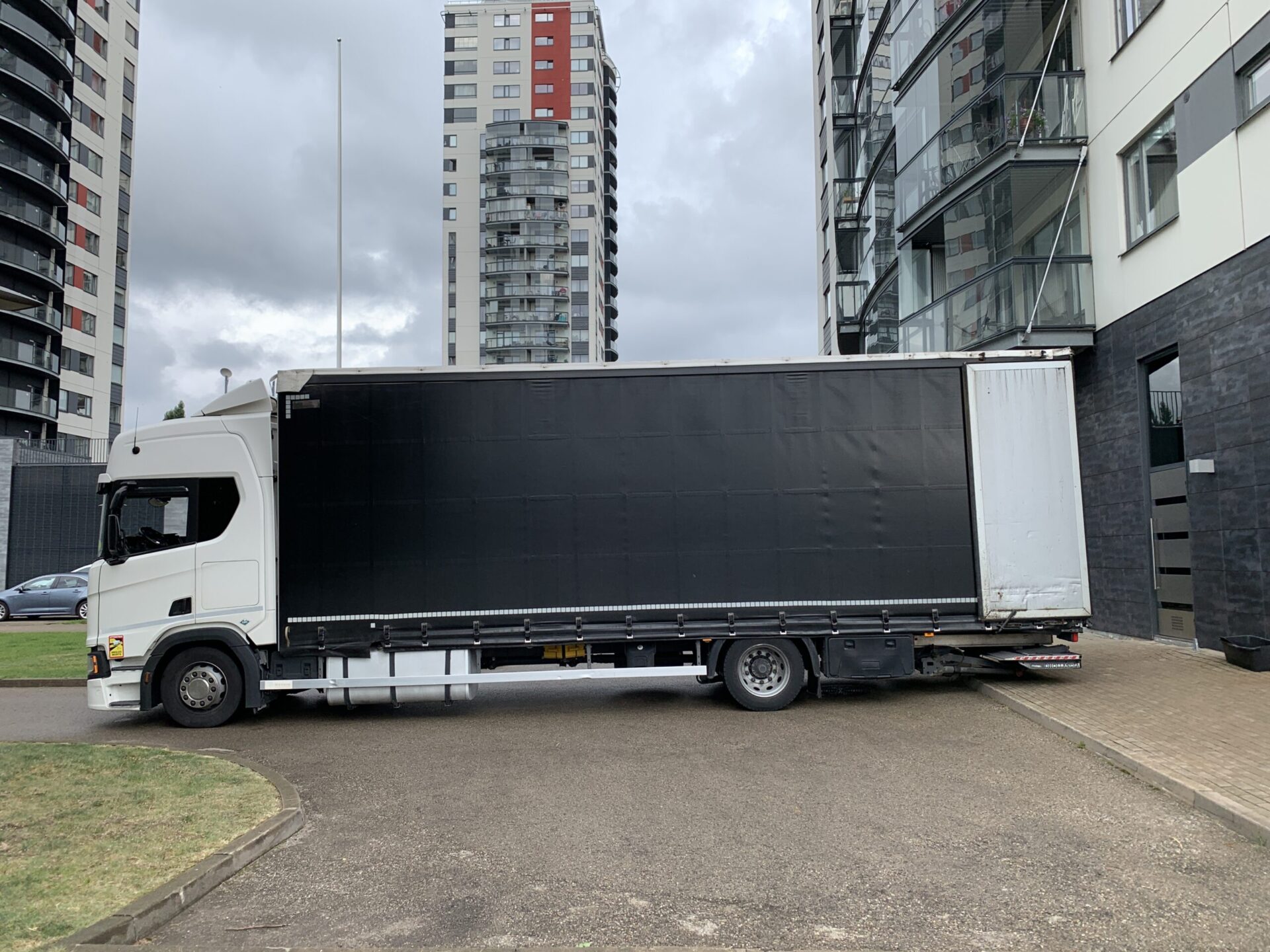
In today’s fast-paced global market, navigating the intricacies of international logistics is crucial for businesses aiming to expand their reach. Germany, with its robust economy and strategic location, stands as a prime destination for international trade. However, the journey to seamless logistics solutions can be complex, demanding precision, efficiency, and expertise. This guide explores how businesses can effectively manage their logistics services to Germany, ensuring smooth and successful operations.
Understanding the German Market
Germany is Europe’s largest economy and a global leader in numerous industries, including automotive, engineering, and pharmaceuticals. Its central location within Europe, coupled with a well-developed infrastructure, makes it an attractive hub for international trade. Companies looking to enter the German market must comprehend its regulatory environment, cultural nuances, and business practices. This foundational knowledge is essential for tailoring logistics strategies that align with local expectations and requirements.
Key Challenges in International Logistics
Regulatory Compliance
One of the primary challenges in international logistics to Germany is adhering to the stringent regulatory requirements. Germany, being a member of the European Union, follows EU regulations, which encompass customs duties, import taxes, and product standards. Ensuring compliance with these regulations is vital to avoid delays, fines, and potential legal issues. Partnering with logistics providers who have in-depth knowledge of EU and German regulations can streamline this process.
Language Barriers
While English is widely spoken in the business community, German remains the official language for documentation and communication with local authorities. Misunderstandings due to language barriers can lead to significant delays and misinterpretations of critical information. Employing bilingual staff or collaborating with local experts can mitigate these risks, ensuring clear and accurate communication throughout the logistics chain.
Transportation Infrastructure
Germany boasts an advanced transportation network, including highways, railways, ports, and airports. However, coordinating shipments across multiple modes of transport requires meticulous planning and coordination. Understanding the intricacies of each transportation mode and leveraging the most efficient routes can significantly impact delivery times and costs. Working with experienced logistics providers who have established networks and partnerships within Germany can optimize these processes.
Effective Strategies for Seamless Logistics
Choosing the Right Logistics Partner
Selecting a logistics partner with a proven track record in Germany is crucial. Look for providers with extensive experience in handling international shipments to Germany, robust technological capabilities, and a deep understanding of local market dynamics. A reliable partner will offer end-to-end solutions, including customs brokerage, warehousing, and last-mile delivery, ensuring a seamless logistics experience.
Leveraging Technology
Technology plays a pivotal role in modern logistics. Implementing advanced logistics management software can provide real-time visibility into the supply chain, enabling proactive decision-making. Automated tracking systems, predictive analytics, and blockchain technology can enhance transparency, reduce risks, and improve overall efficiency. Embracing these innovations can give businesses a competitive edge in the German market.
Optimizing Supply Chain Processes
Efficient supply chain management is essential for minimizing costs and maximizing customer satisfaction. This involves optimizing inventory levels, streamlining order fulfillment processes, and reducing lead times. Adopting lean logistics principles and continuous improvement methodologies can help identify and eliminate inefficiencies, ensuring that products reach their destination on time and in optimal condition.
Navigating Customs Procedures
Customs clearance is a critical aspect of international logistics. Thoroughly understanding Germany’s customs procedures, documentation requirements, and tariff classifications is essential for smooth operations. Working with customs brokers who specialize in German imports can expedite the clearance process, reducing the risk of delays and ensuring compliance with all regulatory requirements.

Best Practices for International Shipping
Proper Documentation
Accurate and complete documentation is the cornerstone of successful international shipping. This includes commercial invoices, packing lists, bills of lading, and certificates of origin. Ensuring that all documents are correctly prepared and submitted can prevent delays and facilitate smooth customs clearance.
Packaging and Labeling
Proper packaging and labeling are crucial for protecting goods during transit and ensuring compliance with German regulations. Using high-quality packaging materials and clearly labeling shipments with the necessary information can prevent damage, reduce the risk of loss, and streamline the handling process.
Risk Management
Identifying and mitigating risks is a fundamental aspect of international logistics. This includes assessing potential disruptions such as political instability, natural disasters, and supply chain bottlenecks. Developing contingency plans and securing appropriate insurance coverage can safeguard against unforeseen events, ensuring business continuity.
Conclusion
Navigating international logistics to Germany requires a strategic approach, combining regulatory knowledge, technological innovation, and meticulous planning. By understanding the unique challenges and leveraging effective strategies, businesses can achieve seamless logistics operations, unlocking the full potential of the German market. Partnering with experienced logistics providers, embracing advanced technologies, and adhering to best practices will pave the way for successful and efficient international trade with Germany.
More information https://cargoriga.com/logistics/logistics-services-to-germany/
Our logistics managers will tell you how to make your international shipping cheaper, contact info@cargoriga.com or +37122122666.

